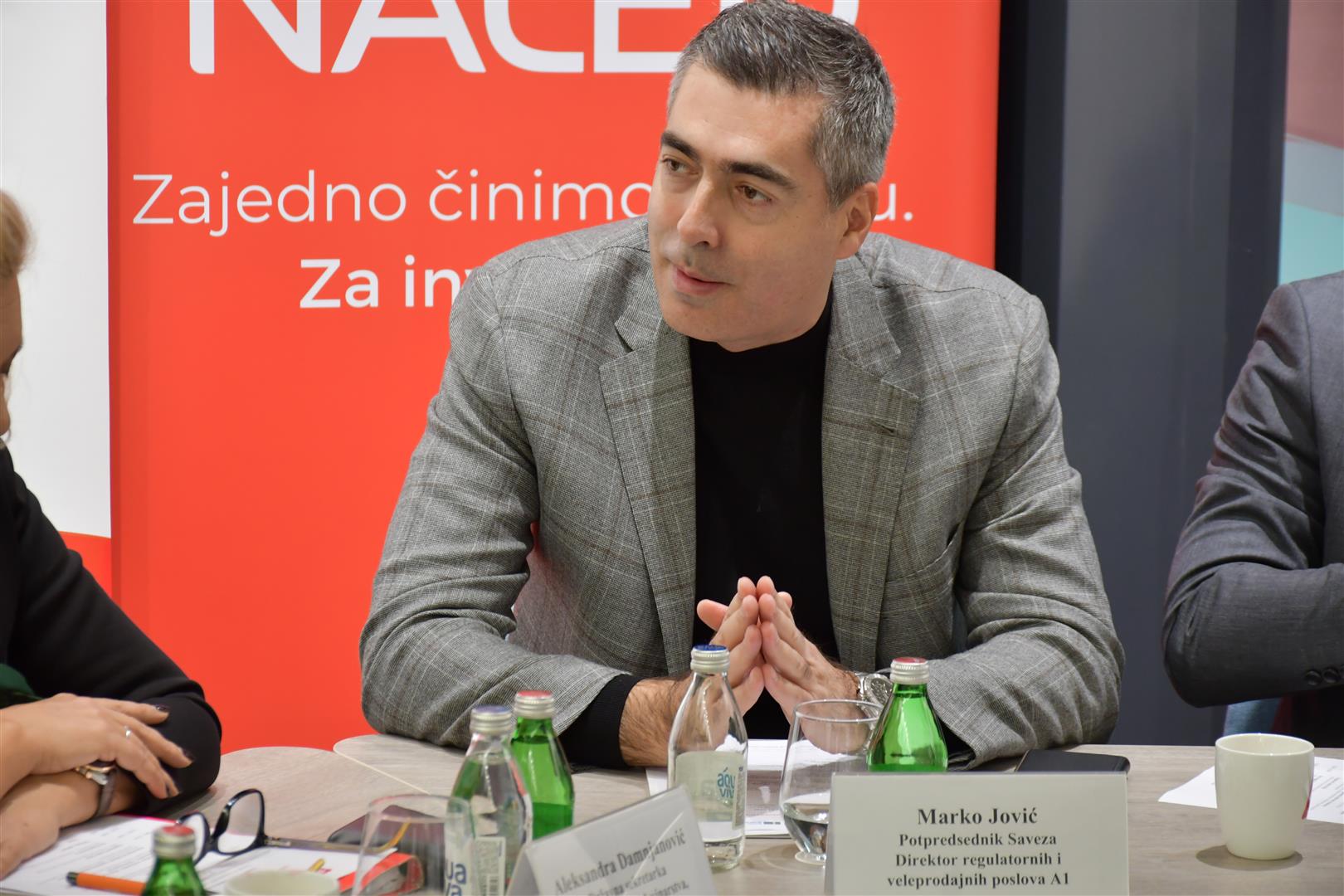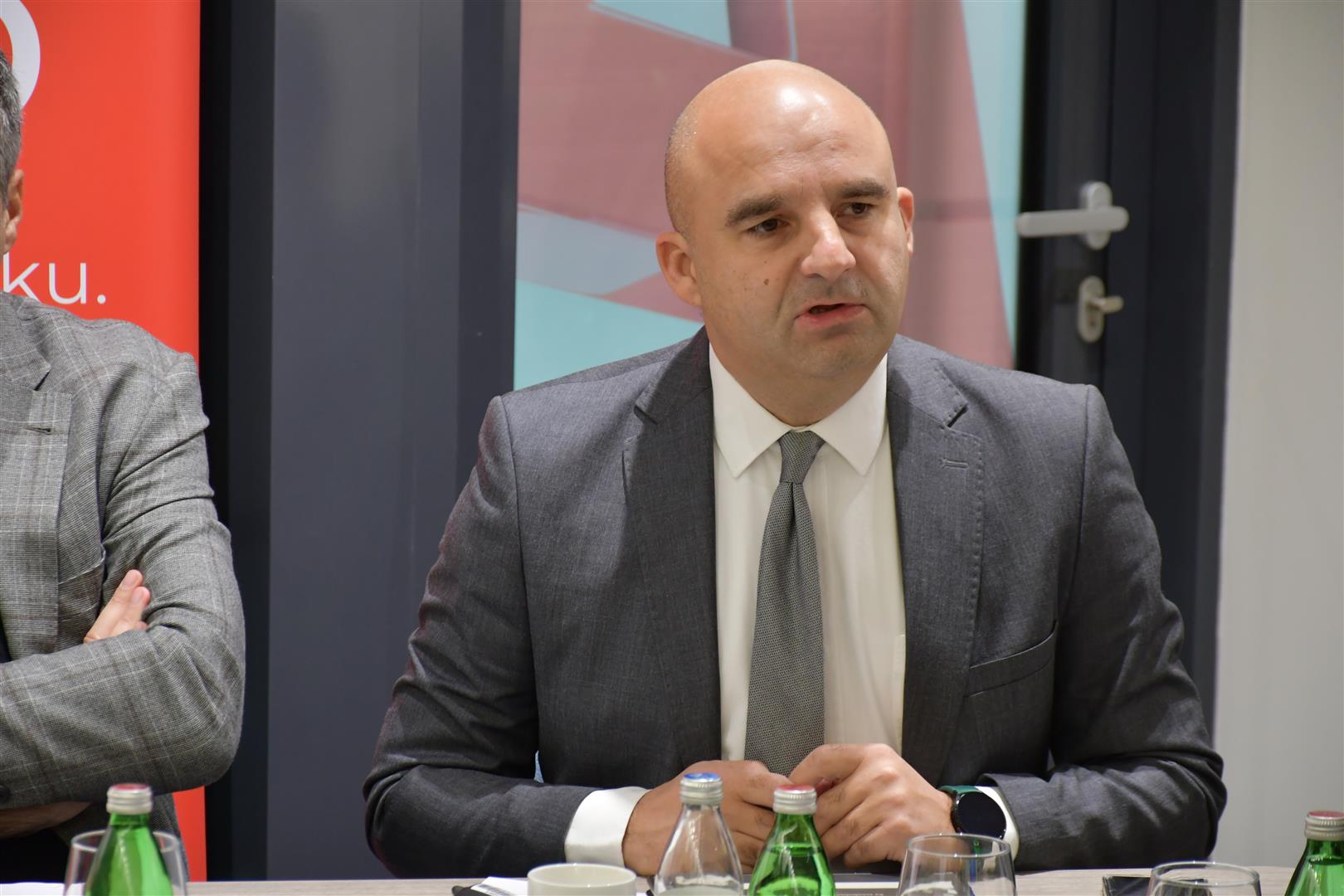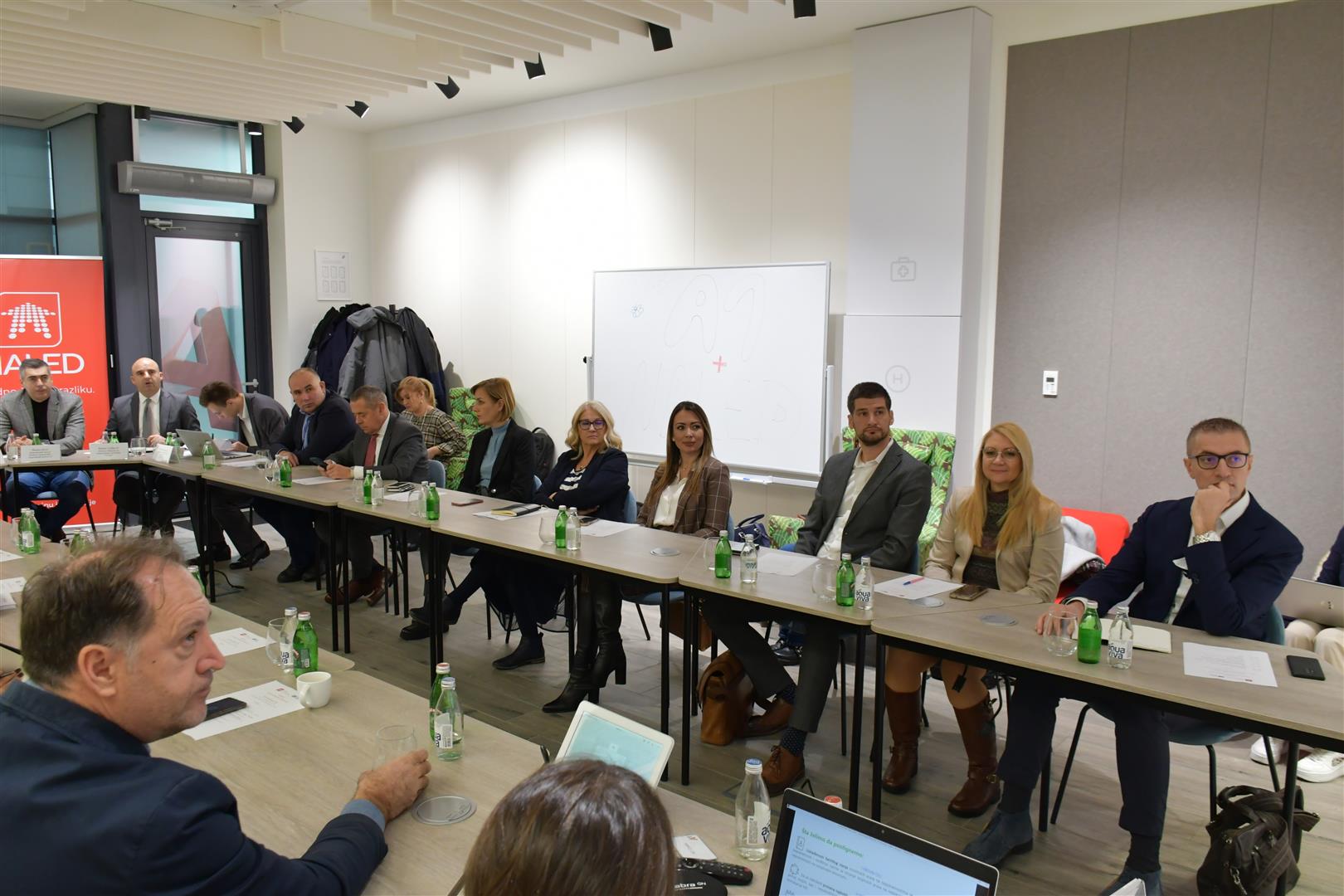Resolving priority legal property issues will be NALED's focus in 2024
According to the available data, there are more than two million illegal buildings in Serbia, while another 2.7 million buildings are outside the cadastre records, which is a serious challenge in the field of urban planning and future investments in real estate. Reports show that the implementation of legalization at the current pace would take several more decades, while the losses suffered by the state, citizens and the economy are extremely large. An effective way of solving this issue lies in the procedure of mass legislation, which would be implemented according to a simplified, automated procedure.
This is one of the key proposals of NALED's analysis entitled "Framework proposal for the comprehensive reform of the management and disposal of real estate in Serbia", which was presented to the members of the Association for Property and Investments. It is a new study, prepared with the support of the Swedish International Development Agency (Sida), through the project "Public procurement and good management for greater competitiveness".
The study maps pressing problems in the area of property-legal relations, proposing solutions for issues of improving the procedure of registration in the cadastre, consolidation, restitution, expropriation, taxation of real estate, management of public property and other procedures.
Aleksandra Damnjanović, State Secretary in the Ministry of Construction, Transport and Infrastructure spoke about the latest changes to the Law on Planning and Construction, referring to the recently started application of conversion without compensation, which was one of the key initiatives of the Alliance in the previous three years.
- To date, around 880 requests for the conversion of the right of use into the right of ownership have been submitted, 49 decisions have already been made. Currently, the Ministry is working on these tasks, while the Spatial Planning Agency is being formed in parallel, which will take over these tasks in full from January 1 - said Damnjanović.
Dušan Vasiljević, director of the Department for Competitiveness and Investments in NALED, welcomed the efforts of the relevant ministry to resolve the issue of conversion and abolish the fee, thereby unlocking additional investments and creating conditions for new jobs on more than 5,000 hectares of unused attractive construction land across the country. .
According to him, the legal framework for real estate management in Serbia is insufficiently modernized, and it needs to be harmonized with the capacities of our administration and judicial system. As he pointed out, the reform of property-legal relations on real estate will be one of the focuses of NALED in the coming year, together with the initiative for fiscal relief of work.
- We are talking about two major reforms that we will deal with and which deserve not only the attention of the state, but it is necessary for all of us in the civil sector, the business sector, to mobilize resources that were never allocated for something like this. We believe that it is a project of national importance and that it can release real estate worth billions for investments and for our economic development - stressed Vasiljević.
When it comes to legalization, Damnjanović added that the state is thinking about a new law that would solve the problem of illegal buildings, that there is an interest of all members of the Government to get involved in solving this complex issue, and that the process of legalization must be massive.
According to Dušan Vasiljević, one of the goals to be worked on is that the system of spatial and urban planning be reorganized so that we have adequate coverage of the territory of Serbia with the most important necessary plans, especially those areas that are attractive for investments, as well as the possibility of active participation of citizens. in the process of urban planning. As a positive example, he pointed out the city of Kragujevac, where a pilot project is currently being implemented to create a platform through which citizens and the economy will be able to receive real-time notifications when an initiative to change any planning document in the area they are interested in is launched.
The latest edition of the Regulatory Index of Serbia for 2022, which evaluates the quality of the adoption and implementation of regulations, was also presented at the session. As it was said, a total of 60 laws were passed in the previous year, 18 of which had a direct or indirect impact on the economy. Public discussion was organized for only 5 out of 18 laws, and it was pointed out that our legal framework does not precisely define when it is necessary.
The last in a series of sessions of NALED's Association for Property and Investments this year was an opportunity to invite members to actively participate and nominate recommendations for Gray Book 16, which is expected to be presented during February next year.








